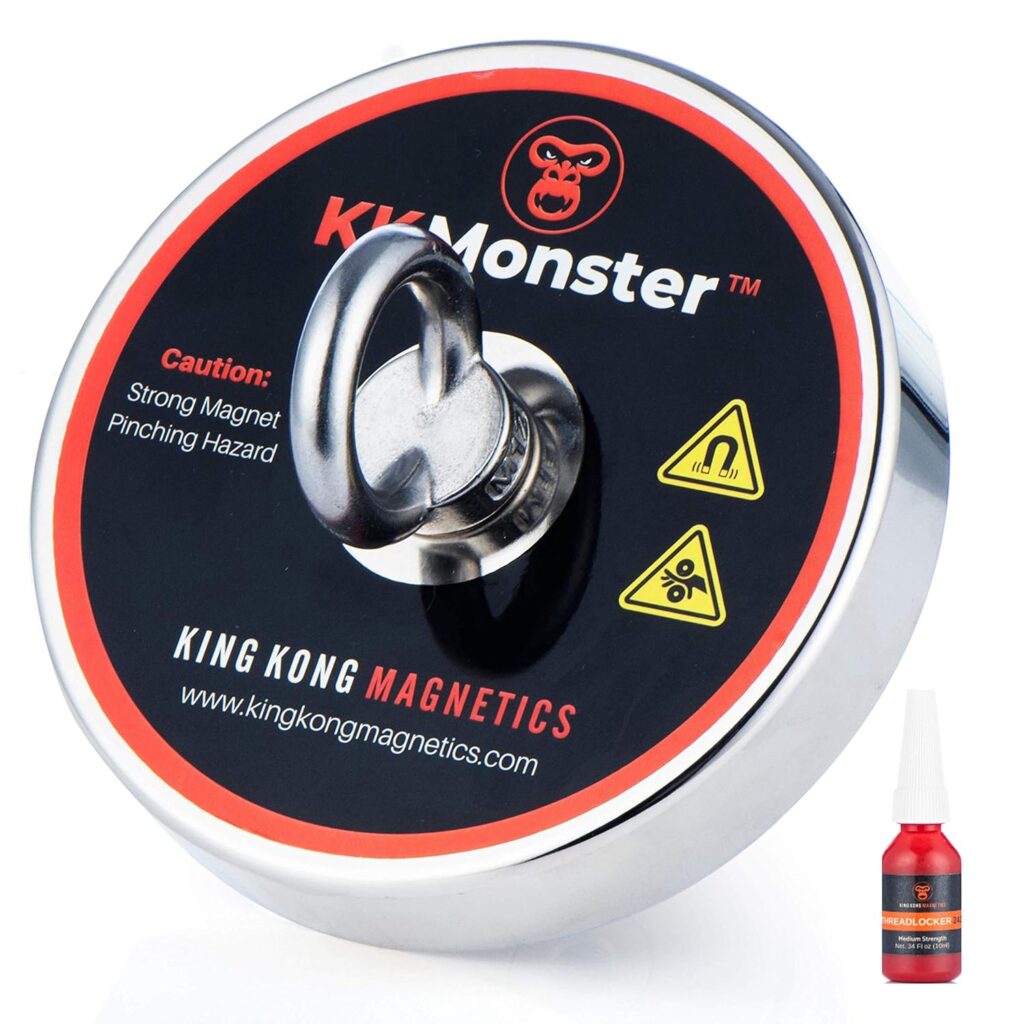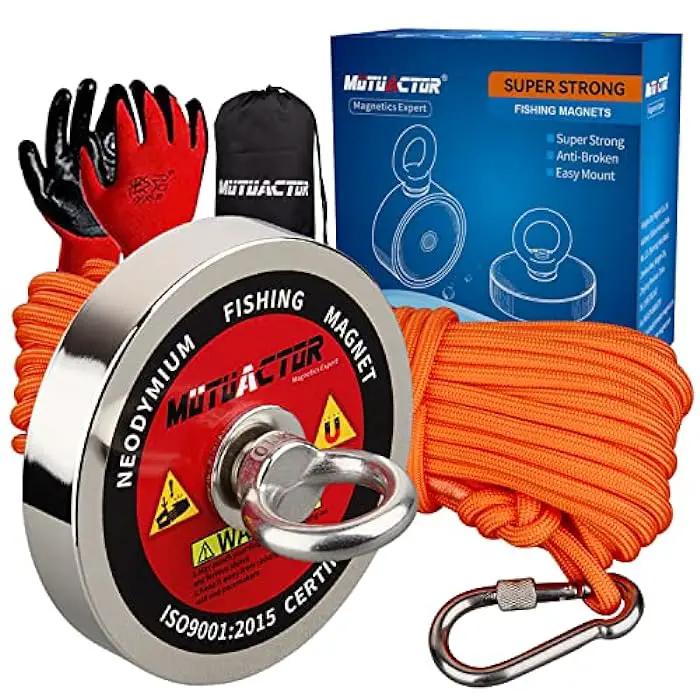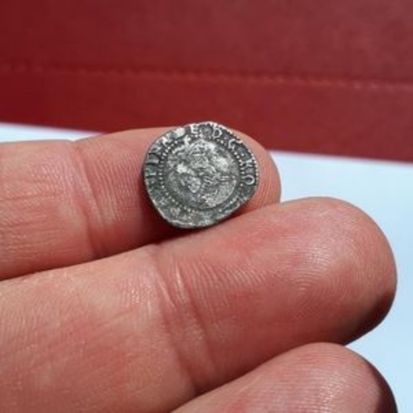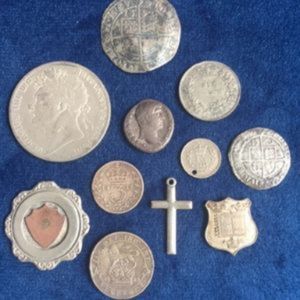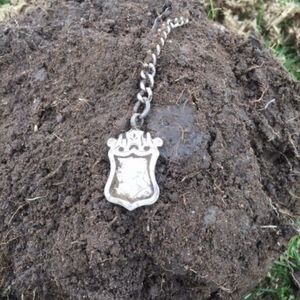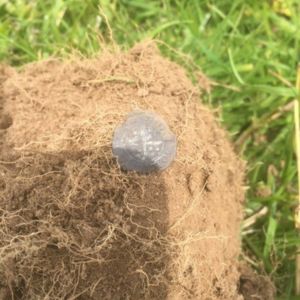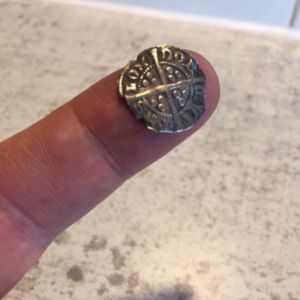Best magnet for magnet fishing
Choosing magnet fishing magnets
Magnet fishing has exploded in popularity as a unique outdoor hobby. By using strong magnets to scan waterways, hobbyists who magnet fish can dredge up all sorts of hidden treasures and artifacts from below the surface.
Having the right magnet however is the key to success. When selecting magnets for magnet fishing, there are a few key factors to consider before purchasing.
If you’re wondering about Magnet Fishing as a hobby, read my short article discussing if magnet fishing is worth it.
Strongest magnet for magnet fishing
The strength of your magnet is perhaps the most important feature. You need sufficient power to latch onto objects underwater and hold on as you retrieve your line.
Neodymium rare-earth magnets are the strongest permanent magnets available and are a must for magnet fishing.
Their incredible power comes from using neodymium alloy along with iron and boron during manufacturing.
This allows them to create a powerful persistent magnetic field. For magnet fishing, aim for neodymium magnets rated at least N42 or higher.
What size magnet for fishing?
Larger and wider magnets will cover more surface area underwater, increasing your chances of connecting with sunken items but can be too bulky becoming unwieldy.
Medium disc-shaped magnets, ranging from 50mm to 100mm in diameter provide a good balance of strength and maneuverability.
Multiple smaller cube or bar magnets attached together in a chain also work well to scan wider swaths.
Weight is another factor as extremely heavy magnets will be difficult to retrieve once they latch on.
Many hobbyists start with one and then add more magnets as necessary to increase their finds rate.
Connectivity
Magnet fishing magnets need a way to securely attach ropes or cords so you can lower and retrieve them into the water. Magnetic hooks integrated into the magnet body are very functional options.
Eyelets or holes in the magnet to tie lines directly through is another method. Just ensure your knotting and cords can support the pull weight during use.
Corrosion Resistance
Since magnets will be submerged in water, they need coatings that resist corrosion, chipping, and rust. Epoxy or plastic coatings help protect the magnets from damage in wet conditions.
Ceramic and nickel coatings are also corrosion-resistant options suited for underwater use. Especially useful if you plan to visit salt water areas.
Magnets will suffer from abrasion on rocks for example so it’s an important thing to remember.
Fishing magnet safety
Any magnets used for magnet fishing should have proper, nonporous coatings with no risk of chipping or flaking. Magnets without protective finishes can crumble or deteriorate when immersed, sending tiny fragments into waterways.
Never use uncoated or porous magnets for magnet fishing. With the right features and safety precautions, magnet fishing magnets can bring up finds again and again, while holding up through repeated submersion.
Investing in quality neodymium magnets designed explicitly for magnet fishing will lead to great results on your treasure hunting adventures. Just don’t skimp on safety.
Be sure to carefully research regulations in your area first and adhere to all legal and ethical magnet fishing practices.
With responsible magnet fishing habits, your awesome magnets will uncover endless surprises hidden below the water’s surface.

